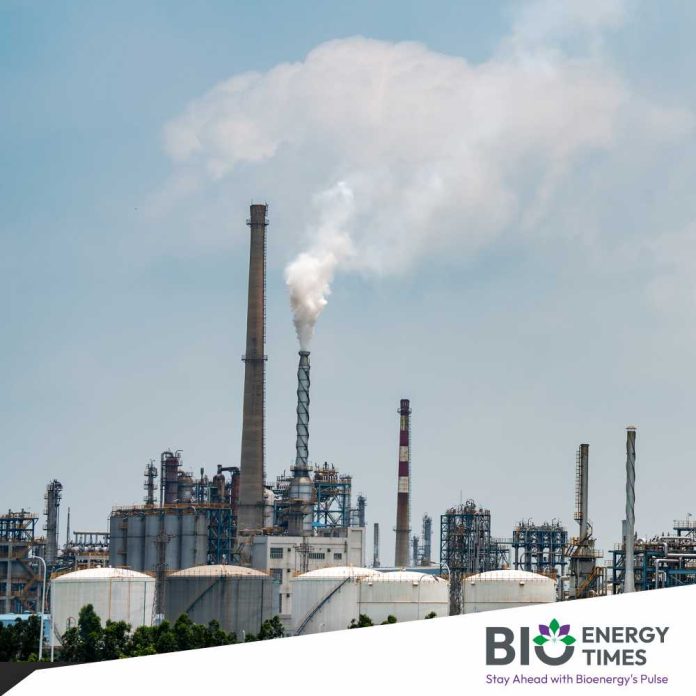To keep pace with the latest developments in the field of biofuels and to attract more investment, the Union Cabinet, chaired by the Prime Minister Shri Narendra Modi, today approved the modified Pradhan Mantri JI-VAN Yojana.
The revised scheme extends the implementation period by five years, until 2028-29, and now encompasses advanced biofuels derived from lignocellulosic feedstocks such as agricultural and forestry residues, industrial waste, synthesis (syn) gas, and algae. The scope of the scheme now includes “bolt-on” plants and “brownfield projects,” allowing them to leverage their existing experience and enhance their viability.
In an effort to support diverse technologies and feedstocks, the scheme will prioritize project proposals that incorporate new technologies and innovations in the sector.
The scheme’s objectives include providing farmers with a profitable income from agricultural residues, addressing environmental pollution, generating local employment, and bolstering India’s energy security and self-reliance. Additionally, it supports the advancement of biofuel technologies and aligns with the Make in India initiative, contributing to India’s goal of achieving net-zero greenhouse gas emissions by 2070.
The Government of India’s commitment to promoting advanced biofuels through the Pradhan Mantri JI-VAN Yojana underscores its dedication to a sustainable and self-sufficient energy sector.
Background:
The Government has been advancing the blending of ethanol in petrol through the Ethanol Blended Petrol (EBP) Programme, under which Public Sector Oil Marketing Companies (OMCs) sell petrol blended with ethanol. Since the start of the EBP Programme, ethanol blending has increased from 38 crore liters in Ethanol Supply Year (ESY) 2013-14 to over 500 crore liters in ESY 2022-23, with the blending percentage rising from 1.53% to 12.06%. As of July 2024, the blending percentage has reached 15.83%, and the cumulative blending percentage for the ongoing ESY 2023-24 has surpassed 13%.
OMCs are on track to meet the 20% blending target by the end of ESY 2025-26. To achieve this, it is estimated that over 1100 crore liters of ethanol will be needed, necessitating the installation of 1750 crore liters of ethanol distillation capacity for blending and other uses (potable, chemical, pharmaceutical, etc.).
To reach these ethanol blending targets, the Government is also focusing on alternative sources like 2nd Generation (2G) Ethanol (advanced biofuels). Surplus biomass, agricultural waste with cellulosic and lignocellulosic content, and industrial waste can be converted into ethanol using advanced biofuel technology.
To promote 2G ethanol production and attract investment in this sector, the Pradhan Mantri JI-VAN (Jaiv Indhan- Vatavaran Anukool Fasal Awashesh Nivaran) Yojana was introduced on March 7, 2019, providing financial assistance for 2G bio-ethanol projects.
The first 2G Ethanol Project, set up by Indian Oil Corporation Limited at Panipat, Haryana, was inaugurated by the Prime Minister on August 10, 2022. Additional 2G commercial projects by BPCL, HPCL, and NRL at Bargarh (Odisha), Bathinda (Punjab), and Numaligarh (Assam) are also nearing completion.
To read more about Ethanol Industry News, continue reading BioEnergyTimes.com















